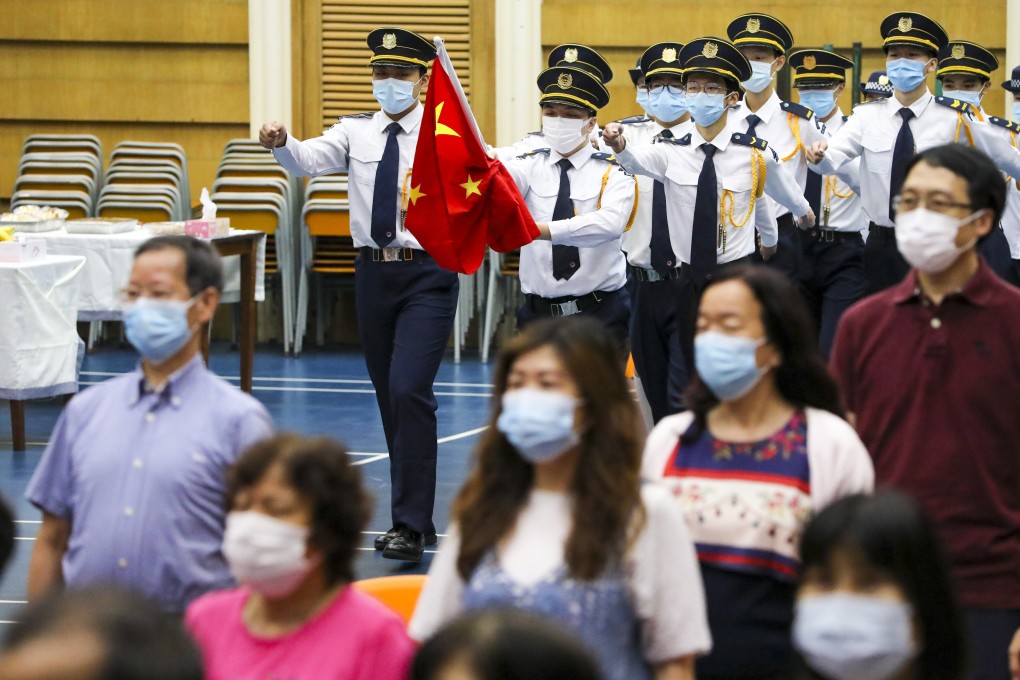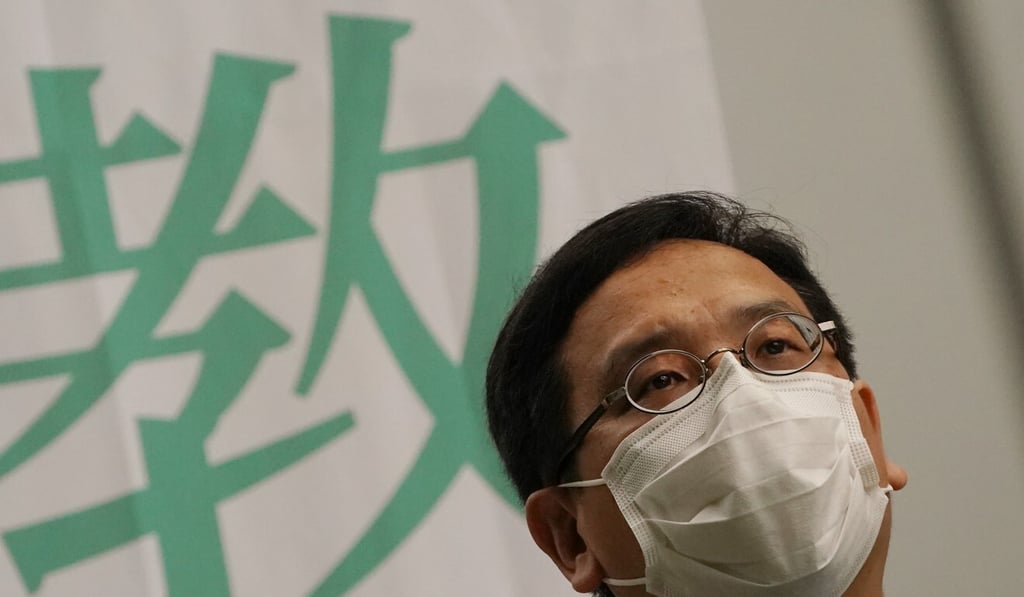Advertisement
Hong Kong schools flooded with official ‘suggestions’ to promote national identity among students, with training for teachers too
- School heads expect even more guidelines related to national education in coming months
- Push to introduce range of new activities ‘practically a government campaign’, unionist says
Reading Time:4 minutes
Why you can trust SCMP

The new academic year has seen Hong Kong schools receiving numerous new instructions, as well as guidance and training from the government, on ways to strengthen national security awareness and national education.
The authorities have suggested that schools raise the national flag and play the national anthem, March of the Volunteers, at least five times this school year to help instil a stronger sense of national identity in pupils.
Schools have also been urged to do more to get pupils to understand China’s development and its constitution through classroom activities, and by making use of school bulletin boards, exhibitions and competitions.
Advertisement
On Monday, more than 1,000 teachers will attend lectures on national security. New guidelines are also expected soon on likely changes to syllabuses as a result of the sweeping new national security law imposed on Hong Kong by Beijing at the end of June.

Advertisement
Teachers who spoke to the Post said the number of circulars sent by authorities since the school year began two months ago was unlike anything they had seen, and principals seemed inclined to mostly do as they were told.
Advertisement
Select Voice
Choose your listening speed
Get through articles 2x faster
1.25x
250 WPM
Slow
Average
Fast
1.25x